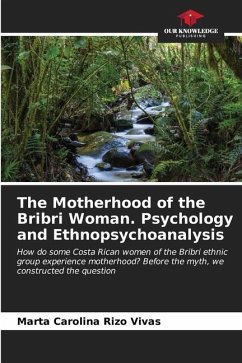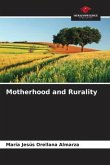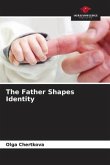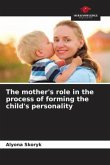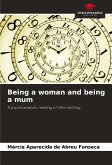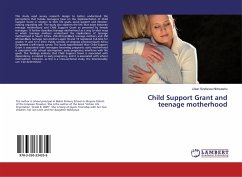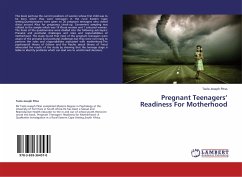The experience of investigating the meaning of motherhood for women of the indigenous Bribri ethnic group, from the Canton of Talamanca, province of Limón, Costa Rica, with an ethnopsychoanalytical methodology is taken up again. This is a paradigmatic break in several levels, since it implies that from the so-called qualitative research, the casuistry is validated in the deepening and singularity of the experience of which the subjects give account. Secondly, this is only possible through the listening that is characteristic of psychoanalytic work. Thus, a reading (interpretation) of what is said by the subject from her own signifiers is made possible. It is precisely here that the role and the tools used by ethnopsychoanalysis are detached from the focus on objectivism and sepcy, allowing the researcher to become involved as a subject who investigates from another place with other signifiers, which enrich her work and sensitize what this knowledge produces. This is how the thirdrupture occurs. The woman, the Bribri indigenous woman and motherhood are decoded, demystified, actions that transverse to the researcher, evidenced in her questions.
Bitte wählen Sie Ihr Anliegen aus.
Rechnungen
Retourenschein anfordern
Bestellstatus
Storno

